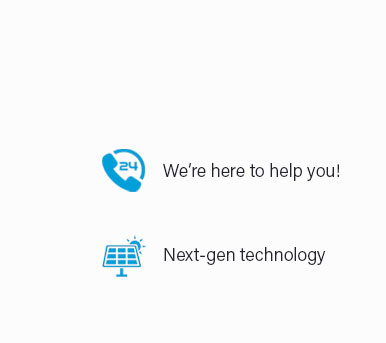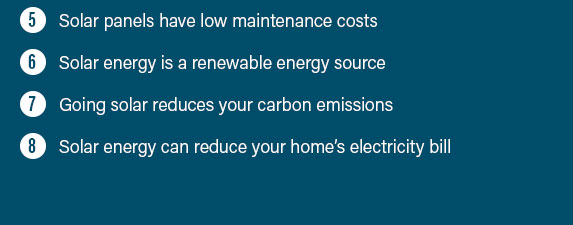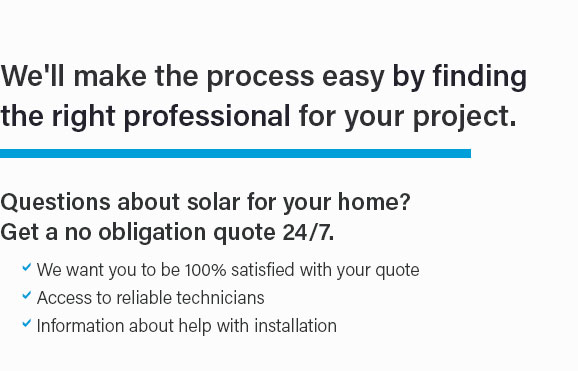 |
 |
 |
 |
 |
 |
 |
 |
 |
 |
 |
 |
 |
 |
|
 |
 |
 |
|
Harness the limitless power of the sun with CT Solar Installers-your go-to experts for solar panel installation quotes that promise not just savings but a transformative energy experience; our commitment to excellence ensures you’re not just investing in panels, but in a sustainable future, where every ray of sunshine is a step towards energy independence and a greener planet-take the leap with us and watch your energy bills plummet while your home's value and eco-credibility soar!
https://www.premierimprovementsone.com/
Cut energy costs with Premier Improvements Solar. Custom solar installations, battery storage, and roof packages for CT homes. Free consultation available. https://www.cleanenergyauthority.com/connecticut-solar-installers
We have solar installation professionals servicing Bridgeport, New Haven, Hartford, Stamford, Waterbury, Norwalk and just about everywhere else in Connecticut. https://www.connssa.org/
Connecticut's longest operating and most successful residential solar installers and commercial developers are members of Connecticut Solar and Storage ...
|